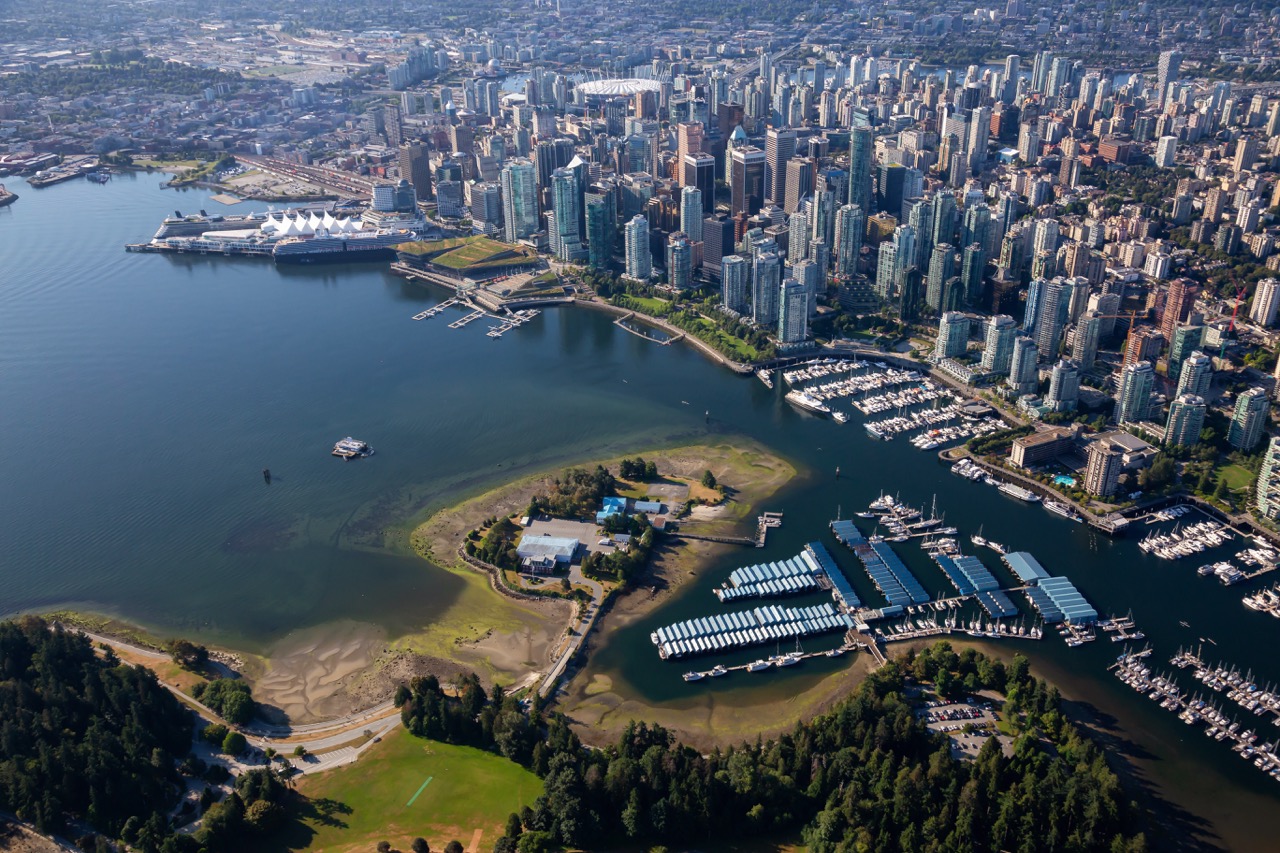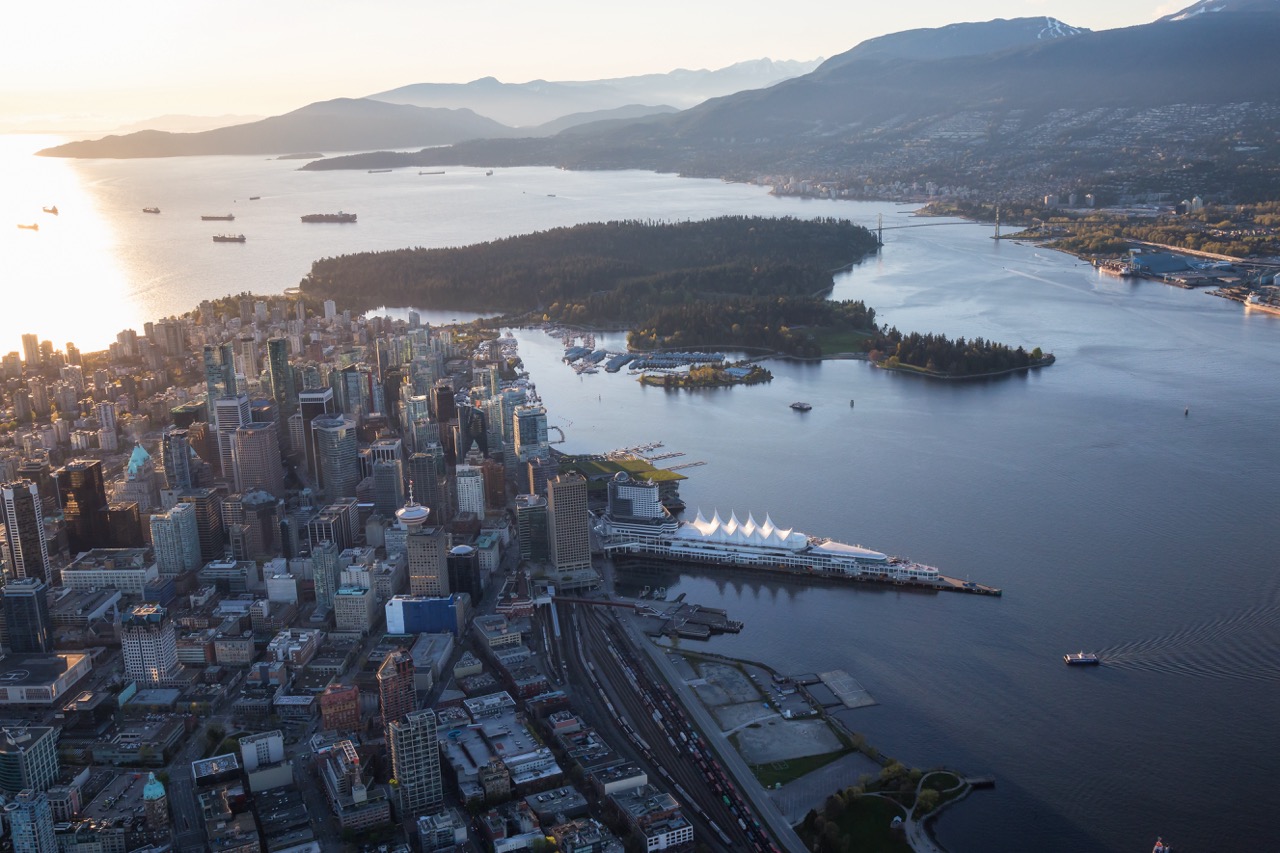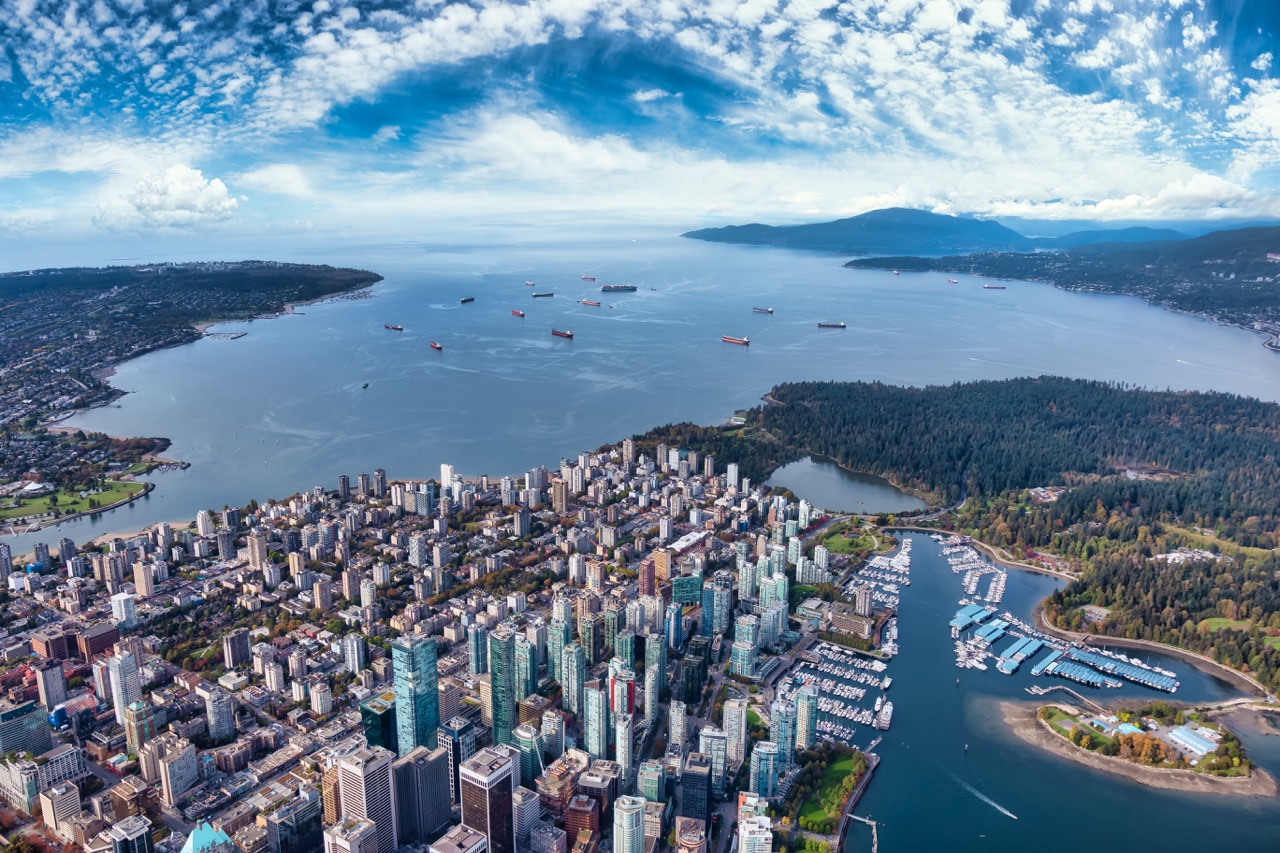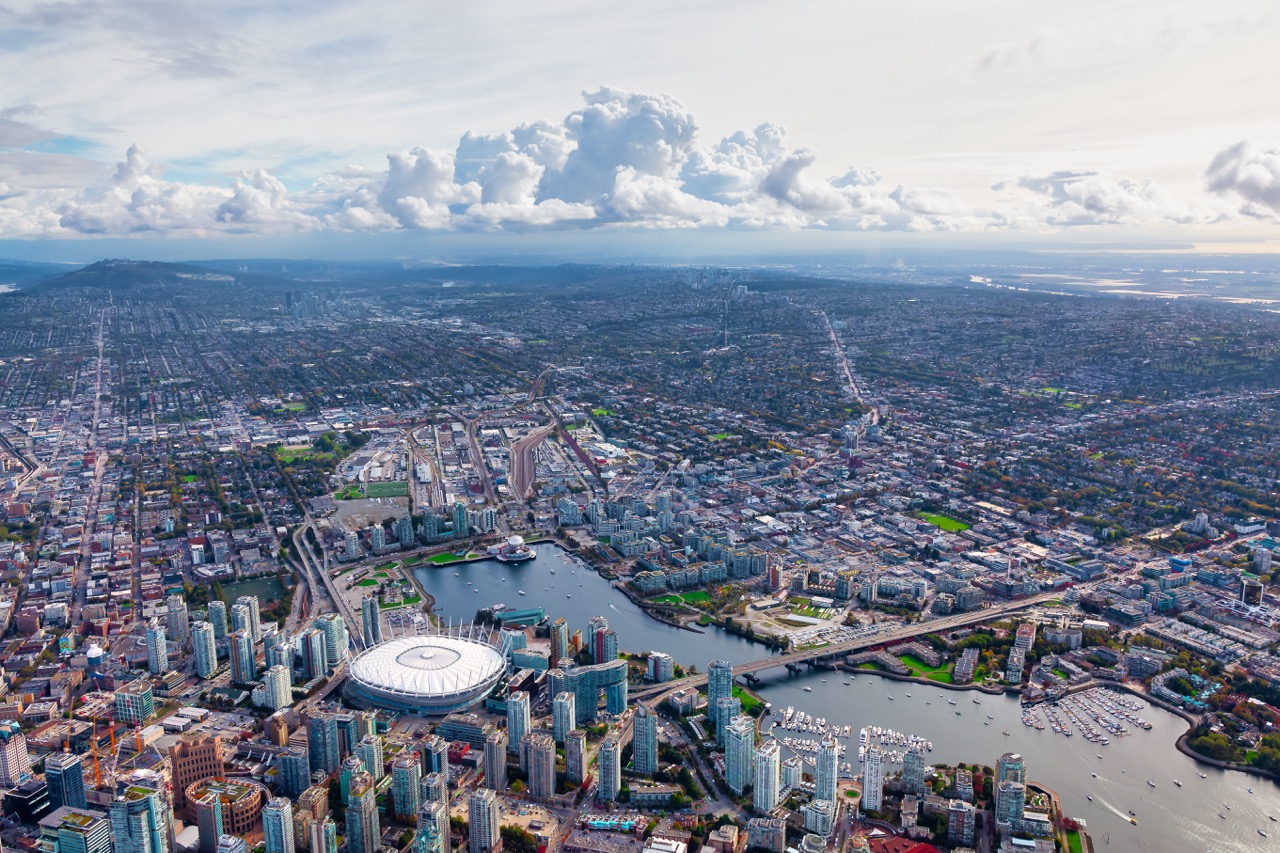British Columbia (BC) has long been a vibrant hub for music lovers, offering a diverse array of music festivals that cater to various genres and audiences. From coastal paradises to mountainous settings, these festivals create an immersive experience where music, culture, and community intersect. This article explores the rich tapestry of music festivals in BC, evaluating their cultural significance, economic impact, and environmental considerations while shining a light on the local artists who contribute to this dynamic scene.
The Diversity of Music Festivals Across British Columbia
British Columbia’s music festival landscape is as varied as its breathtaking geography. Festivals range from large-scale events like the Vancouver Folk Music Festival to intimate gatherings such as the Sooke River Bluegrass Festival. Genres celebrated include folk, rock, electronic, hip-hop, and indigenous music, ensuring that there is something for every musical taste. The geographic diversity—from the urban settings of Vancouver to the serene natural backdrops of the Okanagan Valley—further enhances the festival experience, attracting both locals and tourists.
In addition to genre diversity, BC’s music festivals often incorporate elements of local culture and heritage, showcasing indigenous artists alongside contemporary musicians. Events like the Coastal Jazz and Blues Festival highlight the rich tapestry of Canada’s music scene while educating attendees about the province’s cultural history. With a continuously evolving lineup of performers and styles, BC’s festivals not only reflect the current music trends but also serve as platforms for emerging talent from across the province.
As technology and social media influence the music industry, many of BC’s festivals have embraced these changes to enhance audience engagement. Live streaming, interactive ticketing, and app-based scheduling have made it easier for attendees to connect with artists and fellow festival-goers. This adaptability not only fosters community but also ensures the sustainability of the festivals in an increasingly competitive entertainment landscape.
Evaluating the Cultural Impact of BC’s Music Festivals
The cultural impact of music festivals in British Columbia is profound, reflecting the province’s values of diversity, inclusivity, and artistic expression. These festivals serve as vital platforms for both established and emerging artists, facilitating the exchange of ideas across different genres and cultures. This cross-pollination of musical styles enriches the local scene, allowing for the development of unique sounds that resonate with audiences.
Furthermore, BC’s music festivals provide a space for cultural education and awareness. Many festivals include workshops, panel discussions, and performances that highlight indigenous music and traditions, fostering respect and appreciation for the cultural diversity that exists within the province. This educational aspect encourages attendees to engage beyond mere entertainment, creating a more informed and culturally sensitive audience.
The festivals also play a role in enhancing community cohesion. By bringing together diverse groups of people, they promote social connections and foster a sense of belonging. The collaborative nature of these events often leads to the creation of lasting friendships and networks, strengthening community bonds that extend beyond the festival’s duration.
Examining the Economic Benefits of Music Festivals in BC
The economic benefits of music festivals in British Columbia are significant, contributing to the overall prosperity of local communities. These events attract thousands of visitors, generating substantial revenue for local businesses such as hotels, restaurants, and retailers. According to various studies, music festivals can result in millions of dollars in economic impact, making them vital contributors to the provincial economy.
Moreover, the influx of tourists during festival season creates seasonal employment opportunities, boosting job creation in hospitality, event management, and related sectors. This temporary employment can be crucial for communities, particularly in rural areas where economic opportunities may be limited. Festivals effectively mobilize local labor, providing a means for residents to engage in their local economies and gain valuable experience in the event industry.
Additionally, some festivals are beginning to recognize the importance of reinvesting in their communities. Through initiatives like local sponsorships, charitable donations, and community engagement programs, these events are establishing a cycle of economic support. By prioritizing local artists and vendors, festivals not only enhance their cultural offerings but also ensure that a greater share of the economic benefits remains within the community.
Notable Music Festivals: A Closer Look at Their Highlights
Among the plethora of music festivals in British Columbia, several stand out for their unique offerings and memorable experiences. The Vancouver Folk Music Festival, renowned for its scenic setting on Jericho Beach, features an eclectic mix of local, national, and international artists. Highlights include not only the performances but also interactive workshops and community activities that engage attendees of all ages, fostering a sense of togetherness and creativity.
Another notable event is the Pemberton Music Festival, which has gained a reputation for its diverse lineup and breathtaking mountain backdrop. The festival typically features a blend of renowned mainstream artists and emerging talent, creating a captivating atmosphere. Attendees can enjoy not just music but also art installations, food vendors, and wellness activities, making it a holistic experience that goes beyond just performances.
The Shambhala Music Festival, held in Salmo River, is celebrated for its vibrant electronic music scene and immersive environment. Known for its dedicated community and commitment to sustainability, Shambhala prides itself on creating a unique experience that fosters creativity and self-expression. The festival’s focus on elaborate stage designs and interactive installations sets it apart, attracting attendees who seek not only music but also a transformative experience.
The Role of Local Artists in BC’s Music Festival Scene
Local artists play an integral role in the success and sustainability of music festivals throughout British Columbia. These artists not only contribute to the festivals’ cultural richness but also help to create a sense of identity and pride within their communities. By providing a platform for local talent, festivals showcase the diverse musical landscape of BC and promote homegrown artists to larger audiences.
Moreover, the inclusion of local artists in festival lineups helps to forge connections between the performers and their communities. These artists often have deep roots in the region, allowing them to engage authentically with festival-goers. Their performances can evoke a shared sense of nostalgia and connection, further enhancing the festival experience for attendees who resonate with the music and its origins.
The support of local artists also has economic implications. When festivals prioritize local talent, they stimulate the local music economy, providing opportunities for artists to gain exposure and build their careers. This cycle of support fosters a vibrant music scene, where local artists can thrive and contribute to the ongoing cultural narrative of British Columbia.
Sustainability Practices Among British Columbia’s Music Festivals
As awareness of environmental issues continues to grow, many music festivals in British Columbia are taking significant strides toward sustainability. These festivals are increasingly adopting practices that reduce their ecological footprint, such as implementing waste reduction initiatives, encouraging recycling, and promoting the use of eco-friendly products. By doing so, they set a standard for responsible event management and inspire attendees to embrace sustainable practices in their everyday lives.
Moreover, some festivals are actively collaborating with local environmental organizations to enhance their sustainability efforts. These partnerships often focus on educating attendees about the importance of conservation and engaging them in activities such as tree planting or beach cleanups. By involving the community in these endeavors, festivals not only raise awareness but also create a sense of shared responsibility for the environment.
Finally, transportation is another area where many BC music festivals are making strides towards sustainability. Initiatives such as carpooling incentives, shuttle services, and partnerships with public transit systems help reduce the carbon footprint associated with travel to and from the festival sites. By prioritizing sustainable transportation options, these festivals demonstrate their commitment to environmental stewardship, ensuring that they can continue to thrive for years to come.
In summary, music festivals in British Columbia embody a rich blend of cultural expression, economic benefit, and community engagement. Through their diverse offerings, they celebrate not only the local music scene but also foster connections that transcend geographical and cultural boundaries. As these festivals evolve, the emphasis on sustainability and local artist representation remains crucial. Overall, BC’s music festivals are a testament to the province’s vibrant spirit and commitment to fostering a dynamic cultural landscape.





